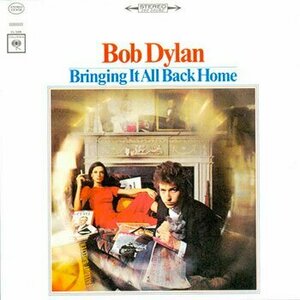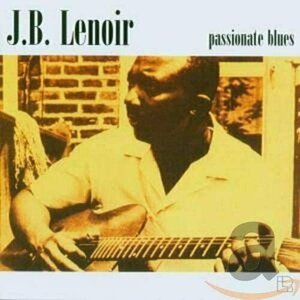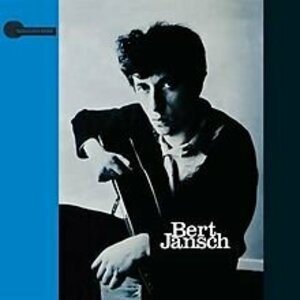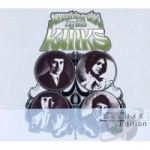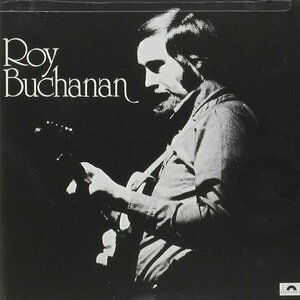"In 1962/3 German promoters Fritz Rau and Horst Lippmann booked a number of American blues and jazz artists to come over to tour Europe [The American Folk Blues Festival]. It was kind of the first time these blues musicians weren’t playing places like the south side of Chicago for $25 a night. They were playing in Europe’s finest concert halls to an audience that listened spellbound to every nuance and every word of a language they didn’t understand, from a people whose colour they didn’t understand and whose musical history they didn’t understand. They were enraptured by the emotion and individuality of these different blues musicians.
So as a 16-year-old I went to the Manchester Free Trade Hall to see one of these shows, and one of the characters who stood out for me was J.B. Lenoir. He was alone on stage with an acoustic guitar and sang songs in this amazing bell-like high tenor that was quite unlike most of his compatriots, and he made a great impact on me. In the same year I heard him singing ‘Alabama Blues’ and was later given by Rau an album they recorded with Lenoir of the same name, repackaged and remarketed today as Passionate Blues.
‘Alabama Blues’ was the album’s key track, a very brave song for a black man to sing in 1963, with the race riots, lynch mobs, bombs and brutality. Almost the only clarion voice of protest and political awareness I was aware of was J.B. Lenoir. He sang about Vietnam, he sang about the wars in the street, he sang about police and the lynch mobs, and he did so in a very articulate and responsible way – he wasn’t a rabble-rouser. He reflected what was going on and how it impacted on him and his life, if not in an uncomplaining way, certainly not in a vitriolic way.
When we think about it these are perfect sentiments for the blues. I heard some really rather tiresome man on breakfast television this morning, Michael Buble I think it was, talking about his latest single. He took great pains to explain how it was about the break-up of a relationship and said, “all my songs are about being in love or out of love, that’s what I do.” I thought to myself: “How incredibly interesting. Not.” How incredibly dull and boring, but it’s the stuff of so much. Shakespeare’s sonnets probably should have got it out of the system for planet earth and its population for all time. I don’t have a problem with a good love song but very few of them are, they’re really incredibly trite and employ the same tiresome, limiting vocabulary and expressions. It’s almost as if people’s brains can only go as far as their gonads.
J.B. Lenoir proved that you can be passionate about the lynchings in Alabama. That’s the stuff we need to know about and blues, simple and direct and emotionless as it is, is the perfect form for that."
Source
